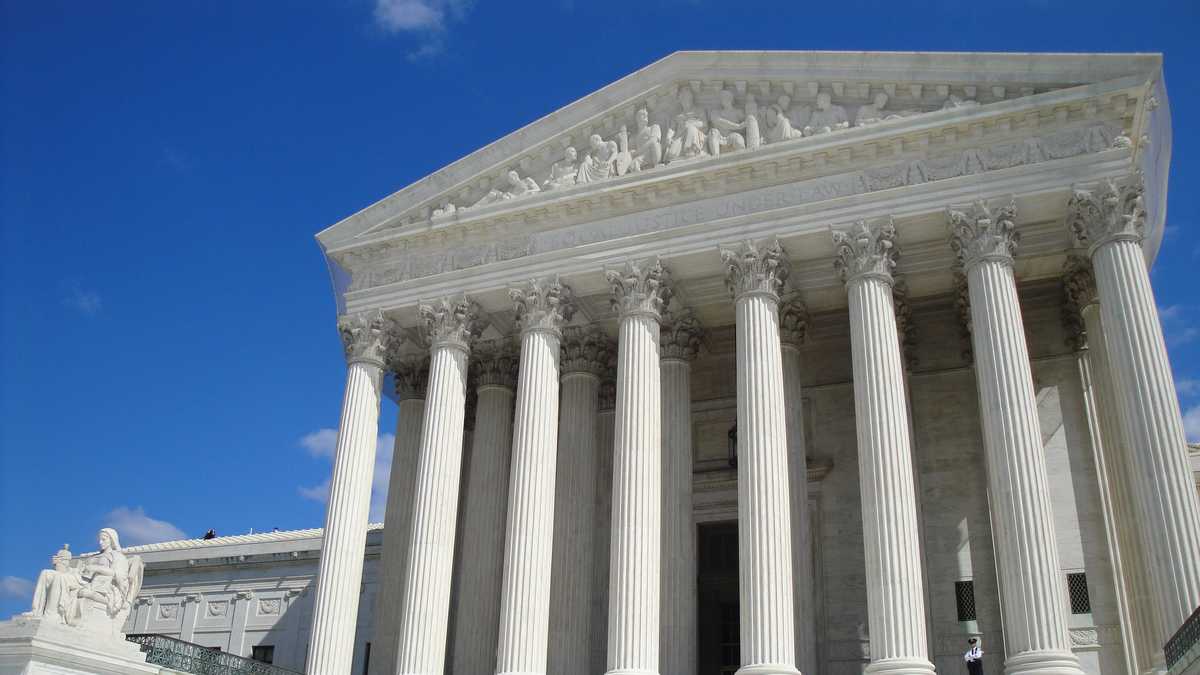The Supreme Court heard arguments Wednesday, weighing the legality and authority of President Donald Trump in implementing sweeping tariffs. The Justices expressed skepticism in the hours-long session over the Trump administration’s use of tariffs. The Court must decide whether the policies are within the president’s legal authority or an illegal power grab, according to legal experts.The administration has long-argued that the tariffs are not meant to generate revenue but provide regulatory tools aimed at addressing national security threats, including foreign governments’ roles in the illicit drug trade. “We don’t contend that what’s being exercised here is the power to tax. It’s the power to regulate foreign commerce,” the administration’s lawyer, Solicitor General John Sauer, said. “These are regulatory tariffs. They are not revenue-raising tariffs.”But small business owners and their lawyers, who are suing the administration, say the power to set tariffs on any product should only belong to Congress. Justice Neil Gorsuch pressed the administration over the danger of handing that power over to the president.”Every president will sign a law that gives him more authority,” Gorsuch said. “Congress can’t take that back without a super majority and even that is going to be veto-proof. What president is ever going to give that power back?”The Justices have until July to issue a decision on the case. Meanwhile, Hearst’s Get the Facts Data Team found that tariff revenues have more than doubled from the previous year, ballooning to around $195 billion in fiscal year 2025 due to President Trump’s policies. Plaintiffs in the case say that they were illegally taxed and want at least some of the money refunded. Justice Amy Coney Barrett asked what a ruling in their favor would mean for all other businesses that also want a refund. The plaintiffs’ lawyer said figuring that out would involve an incredibly lengthy and complex process.For more coverage from the Washington News Bureau:
The Supreme Court heard arguments Wednesday, weighing the legality and authority of President Donald Trump in implementing sweeping tariffs.
The Justices expressed skepticism in the hours-long session over the Trump administration’s use of tariffs. The Court must decide whether the policies are within the president’s legal authority or an illegal power grab, according to legal experts.
The administration has long-argued that the tariffs are not meant to generate revenue but provide regulatory tools aimed at addressing national security threats, including foreign governments’ roles in the illicit drug trade.
“We don’t contend that what’s being exercised here is the power to tax. It’s the power to regulate foreign commerce,” the administration’s lawyer, Solicitor General John Sauer, said. “These are regulatory tariffs. They are not revenue-raising tariffs.”
But small business owners and their lawyers, who are suing the administration, say the power to set tariffs on any product should only belong to Congress.
Justice Neil Gorsuch pressed the administration over the danger of handing that power over to the president.
“Every president will sign a law that gives him more authority,” Gorsuch said. “Congress can’t take that back without a super majority and even that is going to be veto-proof. What president is ever going to give that power back?”
The Justices have until July to issue a decision on the case.
Meanwhile, Hearst’s Get the Facts Data Team found that tariff revenues have more than doubled from the previous year, ballooning to around $195 billion in fiscal year 2025 due to President Trump’s policies.
Plaintiffs in the case say that they were illegally taxed and want at least some of the money refunded.
Justice Amy Coney Barrett asked what a ruling in their favor would mean for all other businesses that also want a refund. The plaintiffs’ lawyer said figuring that out would involve an incredibly lengthy and complex process.
For more coverage from the Washington News Bureau:
